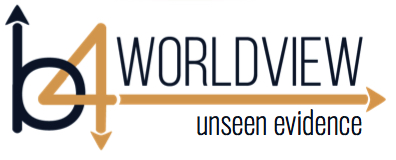
Key Thought for this session:
“If any outcome of life is acceptable to me, then any path will get me there.”
Based on answers you gave earlier in this course, it seems you have confidence in what you believe about absolute truth. You likely see that others believe that truth is relative and depends on the person or situation. You may even feel that way too sometimes, but you are prone to see truth objectively. This may mean you think that the originator of an object is more likely to know what is true than what observers can determine from their own inferences about the object.
Let’s review some illustrations that can be helpful to you when you do not feel so strongly in absolute truth or when you find the opportunity or need to explain absolute truth to those who do not believe like you.
For example, if a person believes there are no absolute truths about gravity, then they could jump off a building and assume they would not be harmed. But of course, you and I know that they will be hurt and maybe killed because the law of gravity is true regardless of what the person believes is true. A person’s opinion about gravity has no bearing on the consequences of them jumping off a building.
You probably have heard others say, “Yes, I know there are laws that govern the physical world, but where I struggle with absolutes is when it comes to moral truths or truths about the invisible world. Here science cannot prove something to be true. In these instances, what is right and wrong is relative and will be different for each person in each situation.” What follows is a series of arguments that are helpful not only for you to clarify your thoughts but to share with others who struggle with the question of absolute truth.
This is one of the main challenges of worldview and is worth spending some time here.